When applying to rent a home, tenants often need to provide more than just a completed application form. Landlords and property managers typically request several documents and pieces of information to verify a tenant’s qualifications and ensure a smooth leasing process. These documents help landlords assess financial stability, rental history, and the ability to maintain rent payments. Here are the key things landlords might ask for alongside a rental application and why they are important.
1. Proof of Income (e.g., Paystubs, W-2 Forms)
One of the most important factors for landlords is confirming that a potential tenant has a stable income to afford the monthly rent. To verify this, landlords often request proof of income through documents like:
- Recent Paystubs: These provide a snapshot of the tenant’s earnings over the past few weeks and help demonstrate consistent income.
- W-2 Forms: For tenants with full-time employment, a W-2 form shows the annual earnings from the previous year, offering a broader view of income stability.
- Tax Returns (for Self-Employed Applicants): Self-employed applicants may be asked to provide tax returns or 1099 forms as an alternative to traditional paystubs, showing a record of income over the past year or two.
Proof of income helps landlords determine whether a tenant meets their income requirements, which often range from 2.5 to 3 times the monthly rent.
2. Bank Statements
In addition to paystubs or tax returns, some landlords may ask for recent bank statements. These statements can offer additional insights into a tenant’s financial stability, such as their savings, spending habits, and ability to manage monthly expenses.
Bank statements can be particularly helpful in cases where a tenant’s income fluctuates or when the landlord wants to ensure that the tenant has a financial cushion to cover unexpected expenses. Typically, landlords may request the last two to three months of bank statements as part of the application process.
3. Rental History or References from Previous Landlords
A positive rental history can greatly enhance a tenant’s application. Landlords often request contact information for previous landlords or property managers to confirm a tenant’s rental history. This might include:
- Verification of Timely Rent Payments: Previous landlords can confirm whether a tenant has a history of paying rent on time.
- Tenant Behavior: Landlords may ask about how well the tenant maintained the property, whether there were any lease violations, and if the tenant was respectful of neighbors.
Providing references or contact information for past landlords helps build a picture of a tenant’s reliability and behavior during their previous rental experiences.
4. Social Security Number (SSN) for a Credit and Background Check
A social security number (SSN) is often requested as part of the rental application process to facilitate credit and background checks. Here’s why these checks are important:
- Credit Check: A credit check helps landlords assess a tenant’s financial responsibility by reviewing their credit score, payment history, and any outstanding debts. It can indicate whether the tenant has a history of paying bills and managing debt responsibly.
- Background Check: This may include a criminal history check to ensure the safety of the property and other tenants. It’s important to note that different states and jurisdictions have varying guidelines on how background checks can be used in rental decisions.
While providing an SSN is a sensitive matter, it’s typically necessary for running these checks. Tenants should ensure they’re sharing their SSN with reputable landlords or property managers and be sure to ask how their information will be used and protected.
5. Employment Verification Letter
In some cases, landlords might request an employment verification letter. This letter is usually provided by a tenant’s employer and confirms that the tenant is employed, their job position, and their salary or hourly wage.
This letter is particularly helpful for landlords who want to verify a tenant’s job stability and current employment status. It can also be a valuable addition for tenants who have recently changed jobs or have yet to receive their first paystubs.
6. Identification (e.g., Driver’s License or Passport)
A government-issued photo ID, such as a driver’s license or passport, is often requested to verify a tenant’s identity. This ensures that the information provided on the rental application matches the person applying for the property.
Providing identification is a simple yet important step that helps landlords confirm that they’re renting to a legitimate applicant. It also adds an additional layer of security to the application process.
7. Application Fee
Many rental applications come with a small application fee, which typically covers the cost of running a credit and background check. The fee varies but is usually around $25 to $50 per applicant.
It’s a good idea for tenants to ask what the fee covers before paying it, so they understand the purpose behind this charge. This fee is generally non-refundable, even if the application is not approved.
Tips for a Smooth Rental Application Process
- Prepare Documents in Advance: Having your paystubs, bank statements, and references ready can speed up the application process.
- Be Transparent: If there are any concerns with your credit history or rental history, it’s best to address them upfront. Some landlords appreciate honesty and may be more willing to work with tenants who explain their circumstances.
- Read the Application Carefully: Make sure you understand what documents are required and provide accurate information to avoid delays.
Conclusion: Documentation is Key to a Successful Rental Application
Providing the right documents and information during the rental application process helps landlords make informed decisions while ensuring that tenants find the right fit for their next home. While gathering these documents may take a little time, being prepared can give you an edge in competitive rental markets. It shows landlords that you’re organized, responsible, and ready to move forward with the leasing process.
By understanding what landlords typically look for, you can make the application process smoother and increase your chances of securing the rental property you want.
